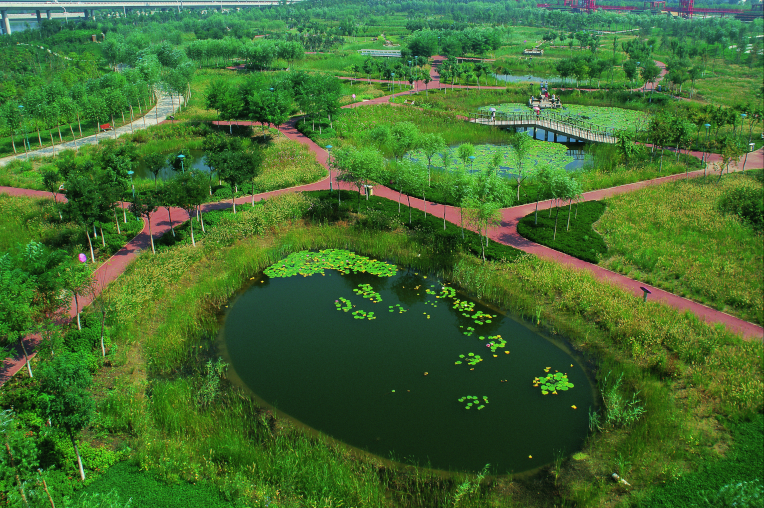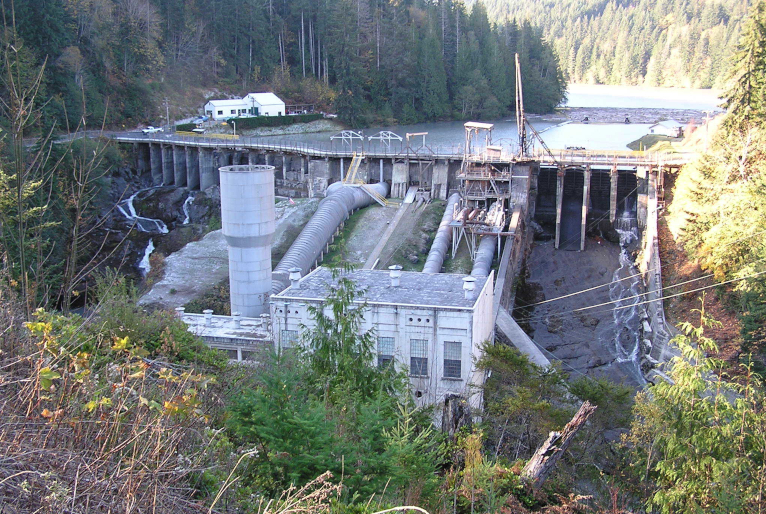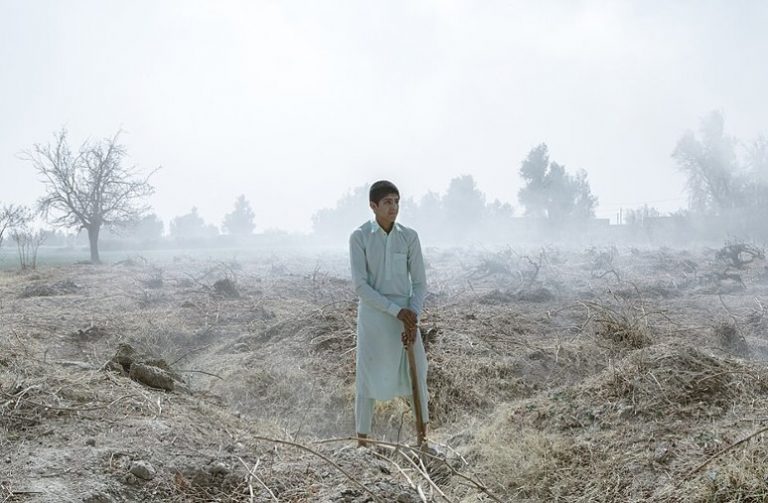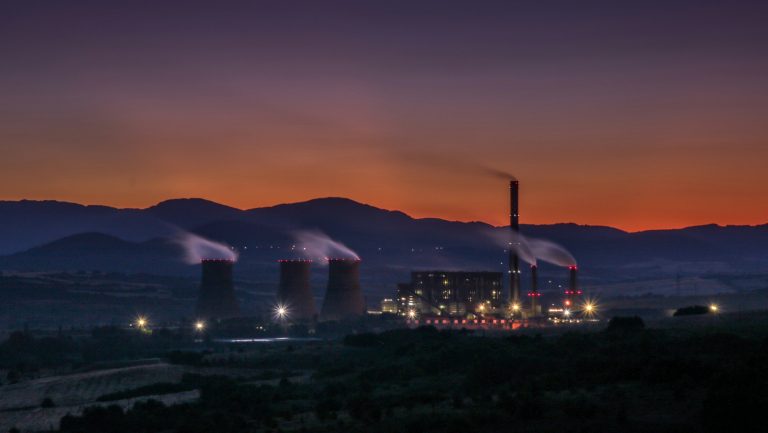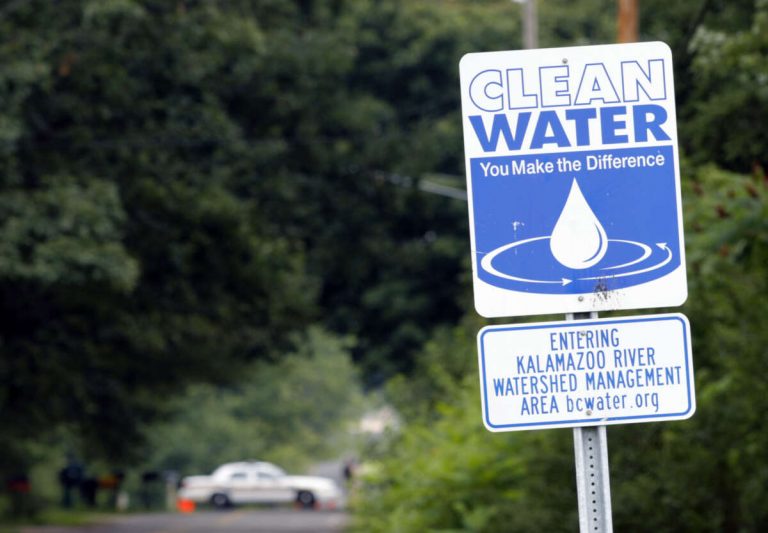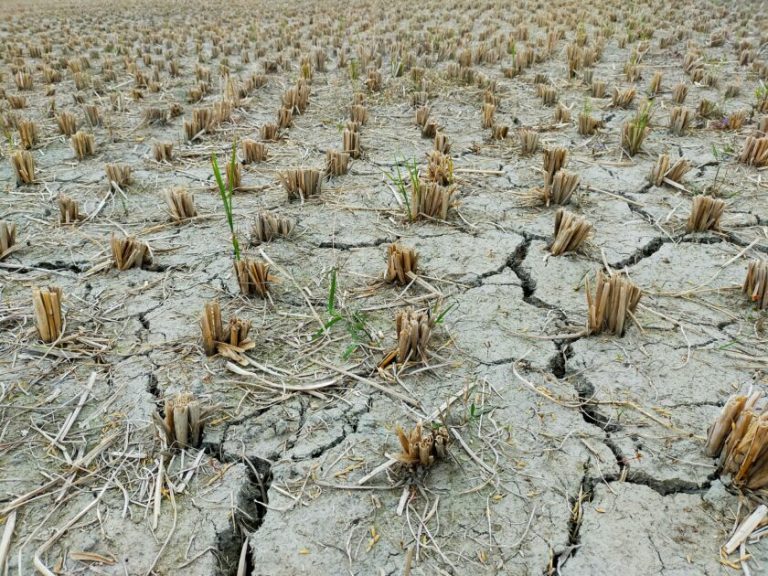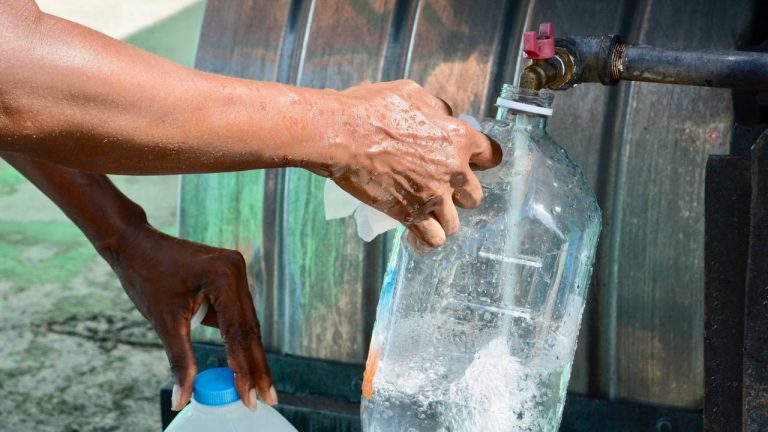Managing Water Differently: Algeria Facing Hydrological Extremes
What if, in Algeria, water were no longer seen solely as a scarce resource to exploit or a threat to control, but as an ecological and economic capital to preserve and develop?
Across the country, the same paradox is emerging: prolonged droughts and declining groundwater levels, punctuated by sudden, devastating floods. In a matter of hours, entire neighborhoods in Algiers, Oran, Béjaïa, or Skikda can be submerged, while a few weeks later, water restrictions are imposed. This contradiction is not merely a climate problem—it reveals a deep disruption between Algerian territories and their natural water cycles.

